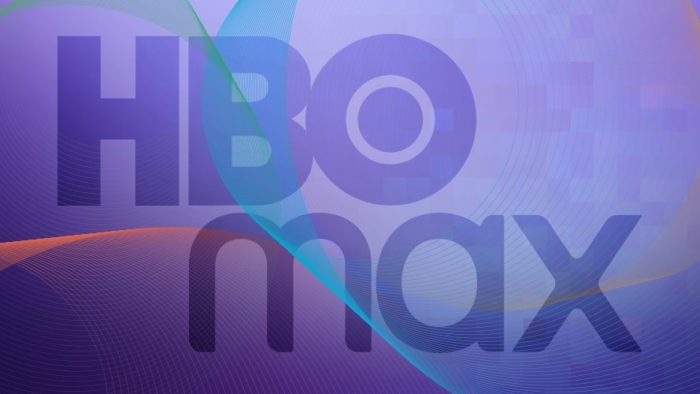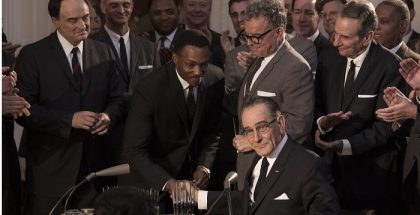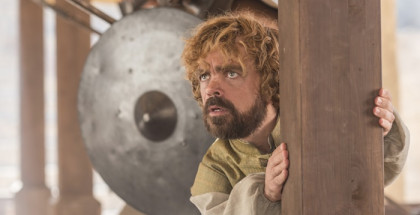Christopher Nolan speaks out about Warner’s HBO Max strategy
David Farnor | On 08, Dec 2020
Christopher Nolan has spoken out about Warner Bros’ sudden announcement that it would be releasing all of its movies in 2021 simultaneously in cinemas and on HBO Max in the USA.
The groundbreaking decision, which was unveiled at the end of last week, follows the move to release Wonder Woman 1984 on Christmas Day in US cinemas and also on HBO Max, making the blockbuster free to stream at home for one month. That decision came after several postponed release dates for the Wonder Woman sequel, as cinemas struggle to reopen at different paces across different regions and different countries worldwide. It also comes as Warner tries to make headway in a crowded and competitive streaming landscape where the recently launched Disney+ has found more success.
In 2021, Warner will send 17 films to HBO Max on the same day as their US cinema release, including The Suicide Squad, The Matrix 4, Dune and Godzilla vs Kong. That announcement came as a surprise to many, and now, after much debate, a formal backlash is emerging from various players in the industry.
Perhaps the most prominent critic is Christopher Nolan, whose Tenet was released by Warner Bros in cinemas last year, in a move that indicated its commitment to the big screen, of which Nolan is a vocal supporter.
“Some of our industry’s biggest filmmakers and most important movie stars went to bed the night before thinking they were working for the greatest movie studio and woke up to find out they were working for the worst streaming service,” Nolan said in a statement to The Hollywood Reporter.
“Warner Bros had an incredible machine for getting a filmmaker’s work out everywhere, both in theaters and in the home, and they are dismantling it as we speak,” he added. “They don’t even understand what they’re losing. Their decision makes no economic sense, and even the most casual Wall Street investor can see the difference between disruption and dysfunction.”
There are many factors that could have played in Warner’s decision, from uncertainty about cinema-going audience numbers due to safety concerns during the coronavirus pandemic to its disappointing 8.6 million subscribers to HBO Max to date. But with Gal Gadot and other players in Wonder Woman’s camp having talks to pave the way for the day-and-date release of 1984 – Disney reportedly talked with the key talent involved in Soul and Mulan before deciding to release those straight to Disney+ – others have reportedly not been consulted in the same way by Warner before its announcement. THR reports that “Suicide Squad director James Gunn, who is platform-agnostic, was not pleased when the studio followed its shocking announcement by floating a lackluster formula for compensating him and other profit participants in the film”.
Legendary, which co-financed Godzilla vs Kong and Dune, is said to be mounting a legal challenge against Warner Bros over the move. This is after Netflix attempted to offer a sizeable amount of money for Godzilla vs Kong, which may raise the question among talent of whether Warner Bros releasing their films directly on its own streaming service would short-change them compared to a deal that could be made selling it to a third party platform.
Other industry figures, such as Steven Soderbergh, are more pragmatic about the move, with the Ocean’s Eleven director calling it “a reaction to an economic reality that I think everybody is going to have to acknowledge pretty soon, which is that even with a vaccine, the theatrical movie business won’t be robust enough in 2021 to justify the amount of P&A you need to spend to put a movie into wide release”.
“There’s no scenario in which a theater that is 50 percent full, or at least can’t be made 100 percent full, is a viable paradigm to put out a movie in,” he said in an interview with The Daily Beast. “But that will change. We will reach a point where anybody who wants to go to a movie will feel safe going to a movie.”
“I think somebody sat down and did a very clear-eyed analysis of what COVID is going to do in the next year, even with a potential vaccine, and said, I don’t see this as being workable in 2021. Because let’s be clear: there is no bonanza in the entertainment industry that is the equivalent of a movie that grosses a billion dollars or more theatrically. That is the holy grail. So the theatrical business is not going away. There are too many companies that have invested too much money in the prospect of putting out a movie that blows up in theaters — there’s nothing like it. It’s all going to come back. But I think Warners is saying: not as soon as you think.”
One other important factor is that HBO Max is still only available in the USA, with cinema releases still planned internationally in countries such as the UK where HBO Max is now available. The multiple technicalities, logistics and international consequences of this strategy, from piracy risks to lawyers’ bills, are just beginning to surface. Indeed, while Wonder Woman 1984 will be released in UK cinemas on 16th December, there are reports of a deal in the works with Sky for a January online release in the UK, which may or may not come to fruition.
There is much to be said for enabling audiences to choose where to watch a film during these unprecedented times, and also much to be said for exhibitors being encouraged to up their game in a shifting, digital age to keep bringing audiences back to cinema’s unique communal viewing experience. On a business and financial level, though, Warner Bros’ calculations to make its HBO Max decision may well need to be adjusted to take into account some high-profile legal wrangling.



















